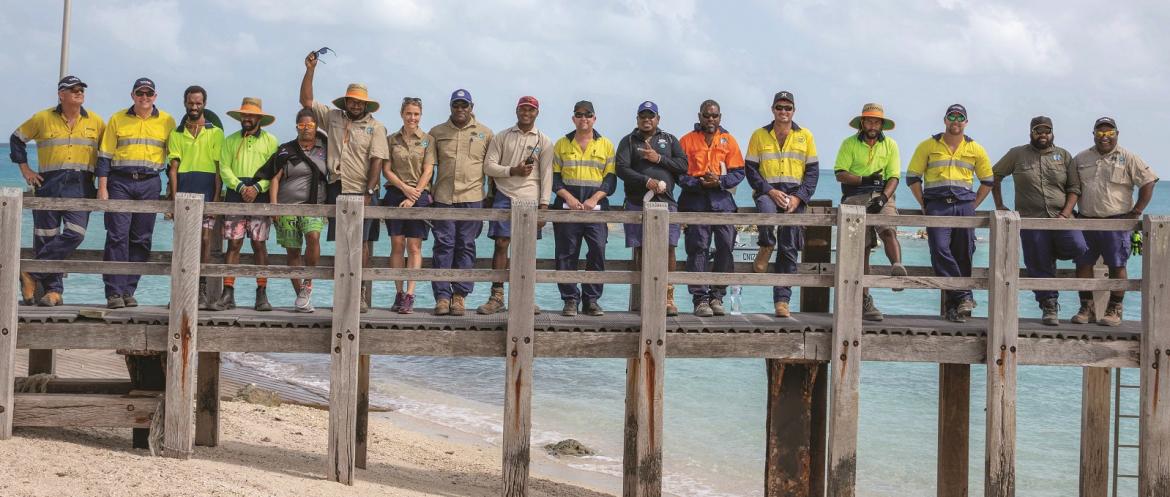
Hours of work and rest
The Principles of minimum safe manning (resolution A.1047) provides for an assessment of the tasks, duties and responsibilities of the vessel’s complement to ensure that crewing levels are adequate at all times to meet all conditions and requirements, including peak workload situations and emergency conditions.
Prescriptive formulas for hours of rest are set out in chapter VIII of the Standards of Training Certification and Watchkeeping (STCW) Convention. However, applying these prescribed hours of rest (those identified in international conventions and national regulations) does not guarantee a seafarer will not become fatigued. The hours of rest requirements are a minimum and the company should also consider key aspects of work patterns that affect fatigue, including night work and different types of operational schedules.
‘Rest’ periods mean just that— rest, not substituting a different form of work.
The Maritime Labour Convention, 2006 (MLC) also sets out requirements for hours of work and rest in Regulation 2.3. The MLC provides goal-based Standards A2.3 to be considered when determining hours of work and rest – in particular taking into account “the danger posed by fatigue on seafarers, especially those whose duties involve navigational safety and the safe and secure operation of the ship.”
Adequate resources
Although the master is responsible for managing the vessel and its crew, the company should provide adequate support and resources to the master to ensure they can manage shipboard duties and operations safely and effectively.
Effective operational planning is critical to ensuring adequate resources are always available, so that operational and other (or unexpected) demands placed on the vessel and its crew can be managed safely and effectively. Standard A2.3 of the MLC Regulations allows some flexibility with respect to hours of rest in cases of emergency or other overriding operational conditions. However, AMSA does not consider that the relaxation provided for in the regulation extends to the normal operations of the vessel or commercially required work such as port arrivals, berthing, unberthing, cargo operations and hold cleaning3 which can be planned for so as not to effect rest hours.
Fatigue affects people differently
___________________________________________________________________________________________
References
3 Fatigue guidelines—managing and reducing the risk of fatigue at sea